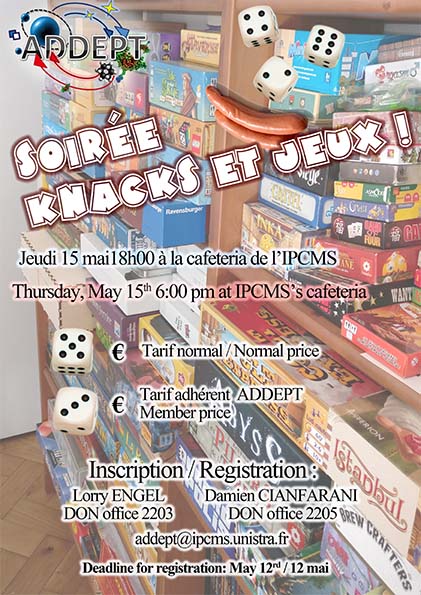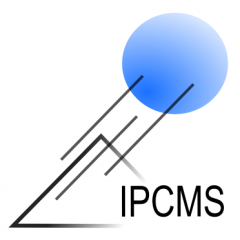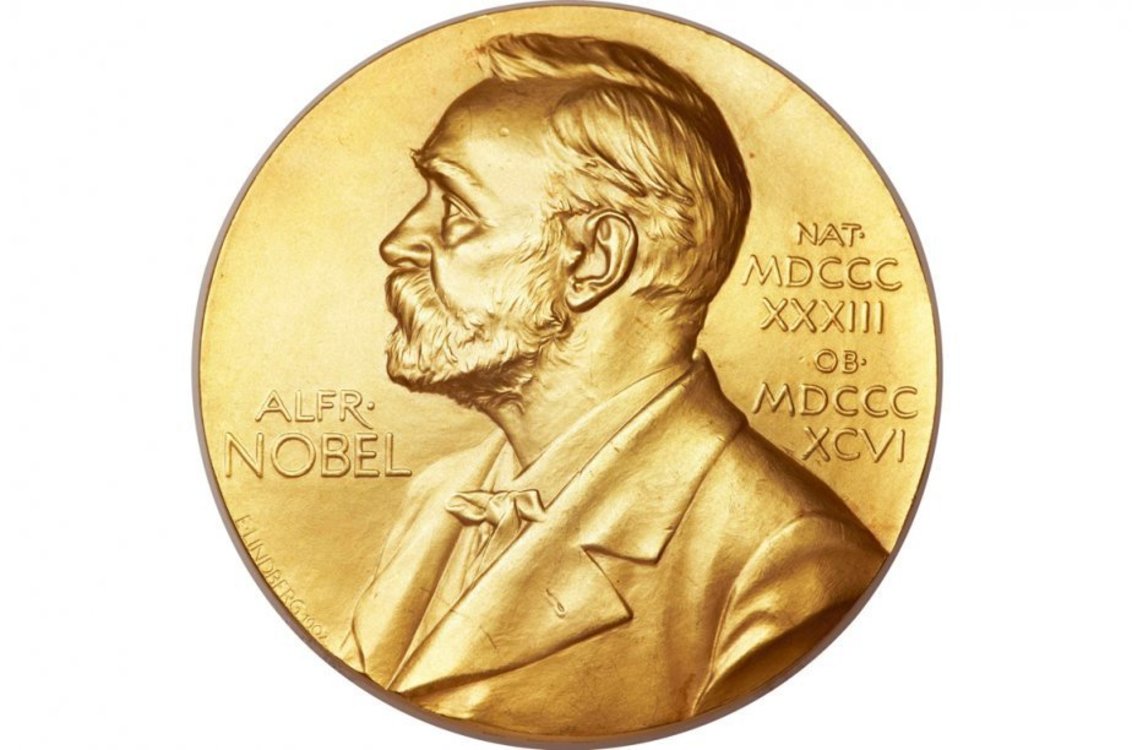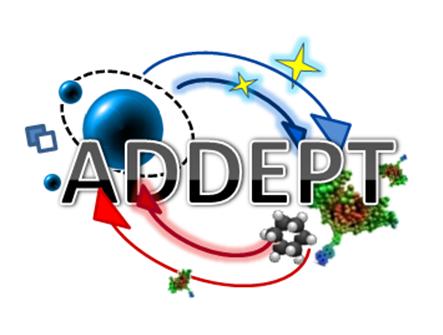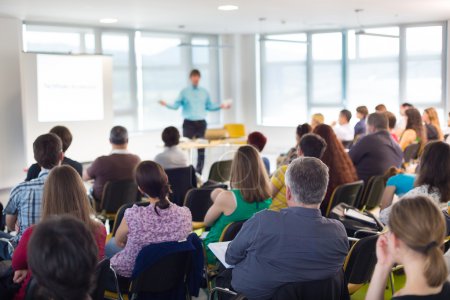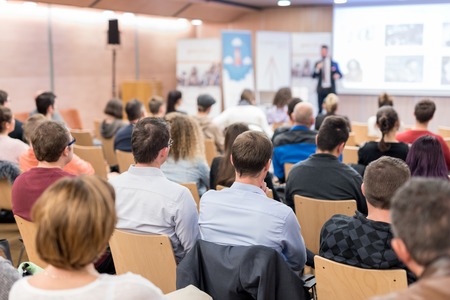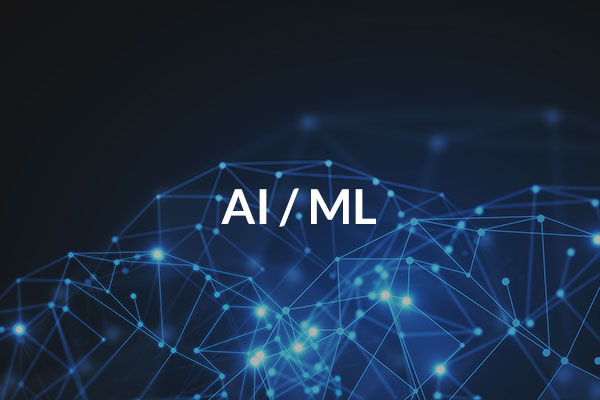Mr. Jean-Baptiste Chauvet, occupational psychologist at CNRS
Seminar on the 2025 Nobel Prizes in Physics and Chemistry
This year’s Physics and Chemistry Nobel Prizes of this year have been awarded to subjects related with the scientific activity of our laboratory.
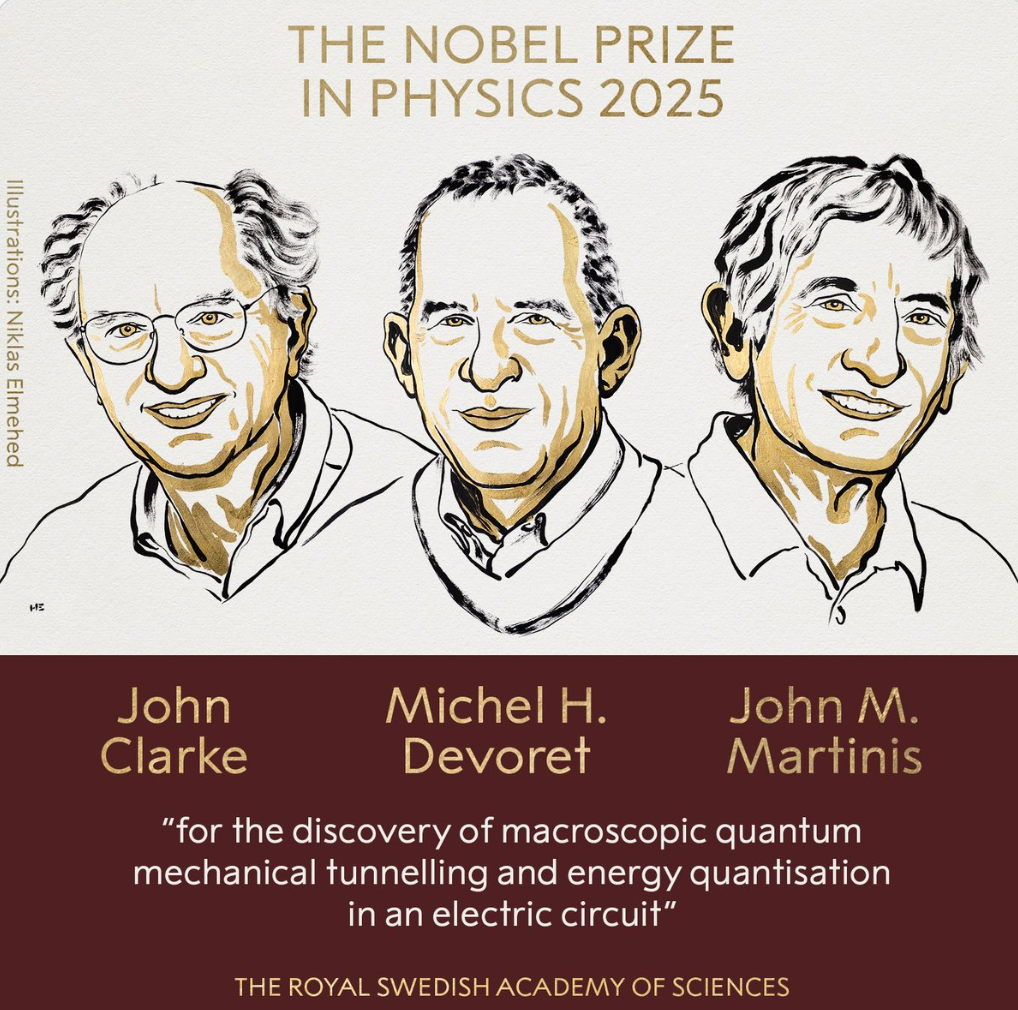
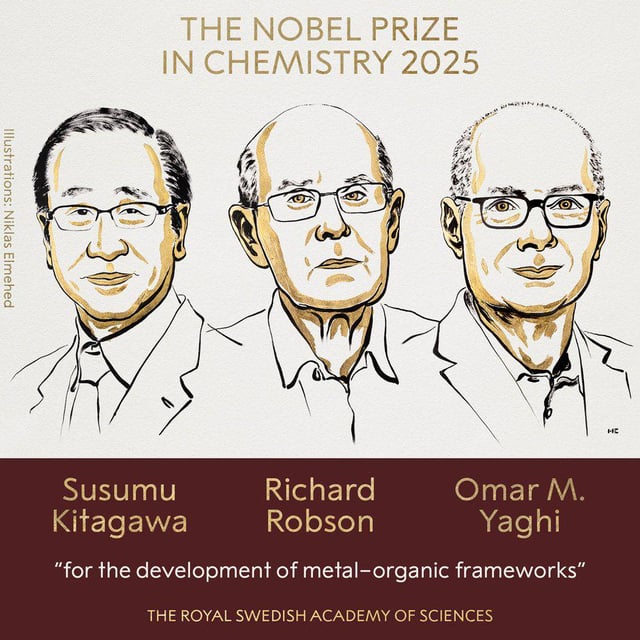
ADDEPT : Board Games evening
The ADDEPT (association of the institute) is happy to inform you that we will organize a Board Games evening, on Thursday 16th October. Starting at 6:00 p.m. in the IPCMS cafeteria, it will last until 10:00 p.m. Every IPCMS members are welcome, uncluding interns.
On the program, small games during the aperitif: chips/beers/soft drinks. Then on the menu, knacks and potatoes salad and slightly longer games, ice cream for dessert. Do not hesitate to bring your own favorite games with you and to make them us discover! In any case, a selection of boardgames will be at your disposal and we will take the time to explain you their rules. Happiness and friendliness will be the words of this event!
Registrations are already open and will run until Monday 13th October evening. Come to Anne CARTON (office no 2008) or Lorry ENGEL (office no 2203) to register at any time. Participations fees are of 5 euros, or 3 euros if you are ADDEPT members. Some ADDEPT members will also be at the IPCMS cafeteria at 10 a.m. during the coffee breaks to take your registrations.
We are looking forward to playing with you!
Public lecture on “Des matériaux de dernière génération aux outils d’analyse de pointe : un duo incontournable”
Abstract : Developing new materials is essential to address the challenges of tomorrow, whether it is producing and storing energy, designing new catalytic solutions, protecting the environment, or improving health. Understanding the materials of the future can no longer rely on a single analytical method: it requires combining complementary techniques and exploring matter across multiple scales. Electron microscopy plays a key role in this endeavor, allowing us today to observe nanomaterials in action with unparalleled resolution, under conditions close to their formation or real-world use. The conference will also highlight the complementarity between electron microscopy and other advanced techniques, such as those based on synchrotron radiation..
This conference will be presented jointly by:
Prof. Clément SANCHEZ, Collège de France – USIAS (conférence en français)
Clément Sanchez est professeur émérite au Collège de France, titulaire de la chaire Chimie des matériaux hybrides et d’une chaire à l’USIAS de Strasbourg. Ancien directeur du Laboratoire de Chimie de la Matière Condensée de Paris, il a mené une grande partie de sa carrière au CNRS, où il a développé la « chimie douce » pour la synthèse de nanomatériaux hybrides. Ses recherches portent sur la nanochimie et les propriétés des gels et matériaux hybrides organiques-inorganiques, avec une forte inspiration tirée du vivant et un souci d’adaptation aux enjeux environnementaux. Lauréat de plusieurs prix, il est également membre de différentes académies des sciences.
and
Prof. Gianluigi BOTTON, Synchrotron « Diamond Light Source » (UK) (Conférence en anglais)
Depuis octobre 2023, le Professeur Botton est Directeur Général du Diamond Light Source, le synchrotron national du Royaume-Uni. Il est également chercheur à l’Université McMaster, où il a occupé de 2002 à 2023 une Chaire de recherche du gouvernement canadien en microscopie électronique appliquée aux matériaux. Ancien Directeur scientifique du Canadian Light Source, il est aussi le fondateur du Canadian Centre for Electron Microscopy (CCEM), une infrastructure nationale de microscopie ultrahaute résolution. Lauréat de nombreuses distinctions internationales, il est Fellow de la Microscopy Society of America et de la Royal Society of Canada, et contribue activement à plusieurs revues scientifiques comme rédacteur invité ou membre de comités éditoriaux.
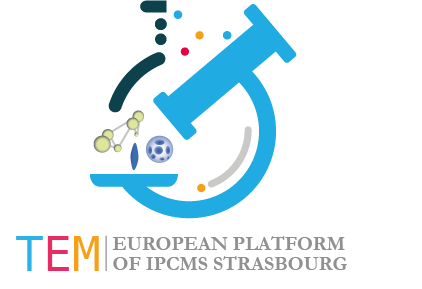
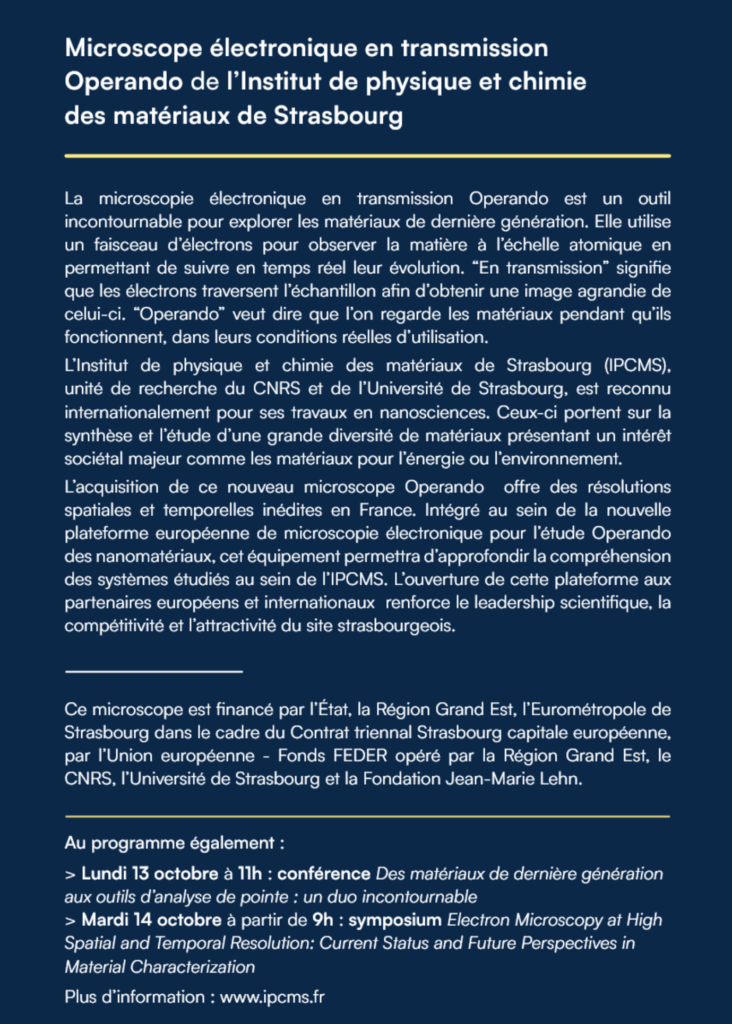
Symposium « Electron Microscopy at High Spatial and Temporal Resolution: Current Status and Future Perspectives in Material Characterization »
Program under construction
Speakers:
Prof. Nigel Browning, Director of the Albert Crewe Centre, University of Liverpool, UK (TEM & AI)
Prof. Marc-Georg Villinger, Technical University of Munich (In situ TEM, energy materials)
Prof. Joke Hadermann, EMAT Antwerp (crystallography, electron diffraction)
Prof. Naoya Shibata, The University of Tokyo (TEM on JEOL microscopes)
Prof. Odile Stephan, LPS Orsay (EELS-TEM)
Dr. Arnaud Demortiere, LRCS Amiens (Electrochemistry in TEM)
Dr. Sophie Meuret, CEMES Toulouse (Ultrafast TEM)
Dr. Damien Alloyeau, MPQ Paris (Liquid TEM)
Dr. Patrick Schultz, IGBMC Strasbourg (TEM in biology)
ADDEPT : 12th “pétanque” tournament

PETANQUE: The price is 4 euros/person for all.
BARBECUE: The price is 8 euros/person or 6 euros/person if you have the ADDEPT member card.
This event is planned on Thursday, July 10th but could be shift to the day after in case of rainy day.
We keep the 3 player’s team buddy system tournament. So you now have to find 2 persons to form your own team as we will prioritary register full teams.
And we also keep the same formula than last year tournament as it is well adapted to allow all of you to play, to play the same rounds number for each team and keeping a reasonnable duration (tournament between 2pm to 7pm ). It will be followed by the barbecue.
If you own petanque balls, we ask you to bring it with you for you and to lend people who don’t have one. I think we will be able provide you some, so each team will be able to play.
Seminar : Prof. Ryo Nakayama
Speaker : Prof Ryo Nakayama, The University of Tokyo, 7-3-1 Hongo, Bunkyo-ku, Tokyo, Japan
Abstract :
Thin-film model systems offer a powerful platform for studying interfacial phenomena in solid-state lithium batteries and complex hydride electrolytes. At the Li₃PO₄/LiCo₀.₅Mn₁.₅O₄ interface in a thin-film lithium batteries, the resistance increases above 5 V vs Li/Li+ due to interfacial layer formation but relaxes over time, indicating reversible behavior. Epitaxial NaBH₄ thin films have been successfully fabricated via infrared pulsed-laser deposition, allowing control over growth orientation which is useful for interface study. These findings highlight the effectiveness of thin films in elucidating interface properties and advancing solid-state energy materials.
Contact: Pierre RABU : pierre.rabu@ipcms.unistra.fr
Seminar from Pr. Chihaya Adachi, CNRS fellow-ambassador
Speaker : Prof. Chihaya Adachi
Chihaya Adachi is a professor at Kyushu University in Japan and director of the Photonics and Organic Electronics Research Centre (OPERA). His activities focus on the chemistry, physics and implementation of organic semiconductor materials for applications in photonics and organic electronics. In particular, it is behind the development of the third generation of light-emitting diodes (OLEDs) based on thermally activated delayed fluorescence (TADF) organic materials. Cultivating close links with industry, Chihaya Adachi has co-founded two start-ups: Kyulux, in 2014, for the development and commercialisation of new materials for the OLED market; and Koala Tech, in 2019, for the development of purely organic laser materials and devices. Finally, he has developed numerous international collaborations, particularly with France. In 2023, the CNRS launched the IRP LUX-ERIT, which brings together the OPERA laboratory and four French laboratories, including the Institut de Physique et de Chimie des Matériaux de Strasbourg (IPCMS), the Institut Lavoisier de Versailles (ILV), the Laboratoire de Physique des Lasers (LPL) and the Institut Parisien de Chimie Moléculaire (IPCM), which is currently coordinating the project on the French side.
To meet C. Adachi, please contact: stephane.mery@ipcms.unistra.fr
IA/ML Working Group : presentation and discussions
Program :
- 09:05 – Introduction – Guido Ori & Dietmar Weinmann
- 09:15 – Hervé Bulou & Christine Goyhenex (DSI)
Exploring latent space for inverse materials design: the example of high-entropy alloy nanoparticles for catalysis - 09:35 – Salia Cherifi-Hertel & Boris Croes (DSI)
Vision2P: An open access software for advanced clustering and unmixing applied to spectromicroscopy - 09:55 – Guido Ori (DCMI)
ML-accelerated molecular dynamics: Structure and ion dynamics in sodium-containing glasses for energy storage - 10:15 – Johanna Frey & Stéphane Bellemin (DMO)
Asymmetric catalysis: understanding and developing enantiodivergent reactions - 10:35 – Pause café
- 11:00 – Discussion ouverte et table ronde sur les perspectives du GdT IA/ML
ADDEPT : Board Games evening
On the program, small games during the aperitif: chips/beers/soft drinks. Then on the menu, knacks and potatoes salad and slightly longer games, ice cream for dessert. Do not hesitate to bring your own favorite games with you and to make them us discover! In any case, a selection of boardgames will be at your disposal and we will take the time to explain you their rules. Happiness and friendliness will be the words of this event!
Registrations are already open and will run until Monday 12th May evening. Come to Lorry ENGEL (office no 2203) or Damien CIANFARANI (office no 2205) to register at any time. Participations fees are of 5 euros, or 3 euros if you are ADDEPT members. Some ADDEPT members will also be at the IPCMS cafeteria at 10 a.m. during the coffee breaks to take your registrations.
We are looking forward to playing with you!
